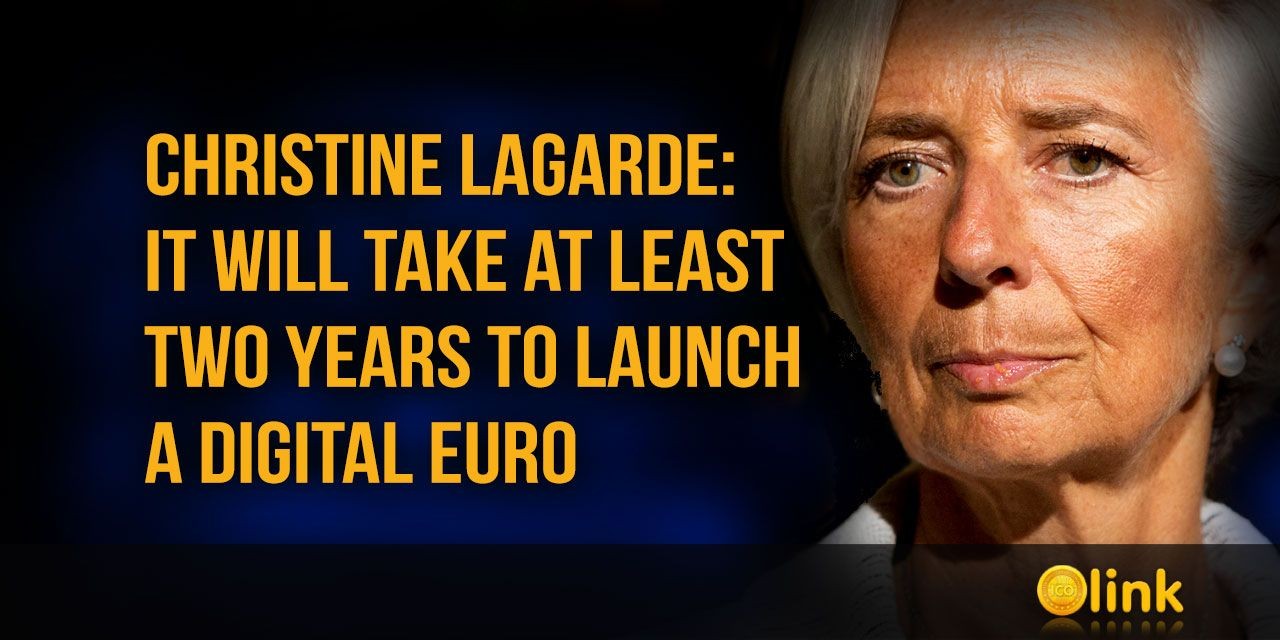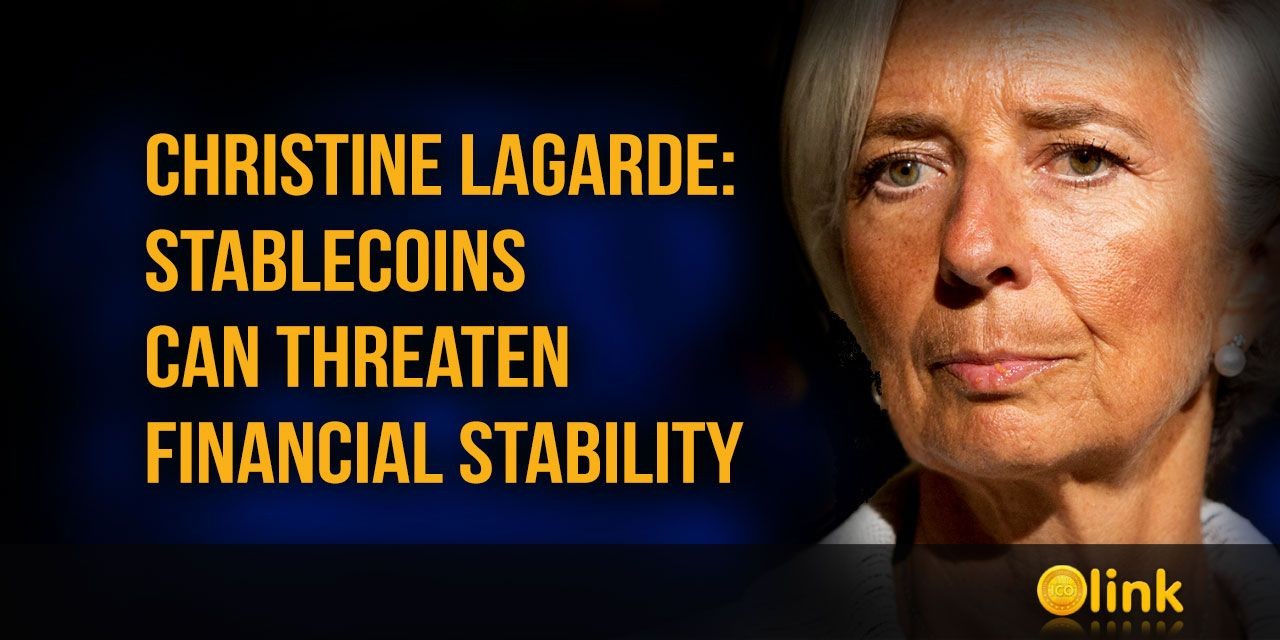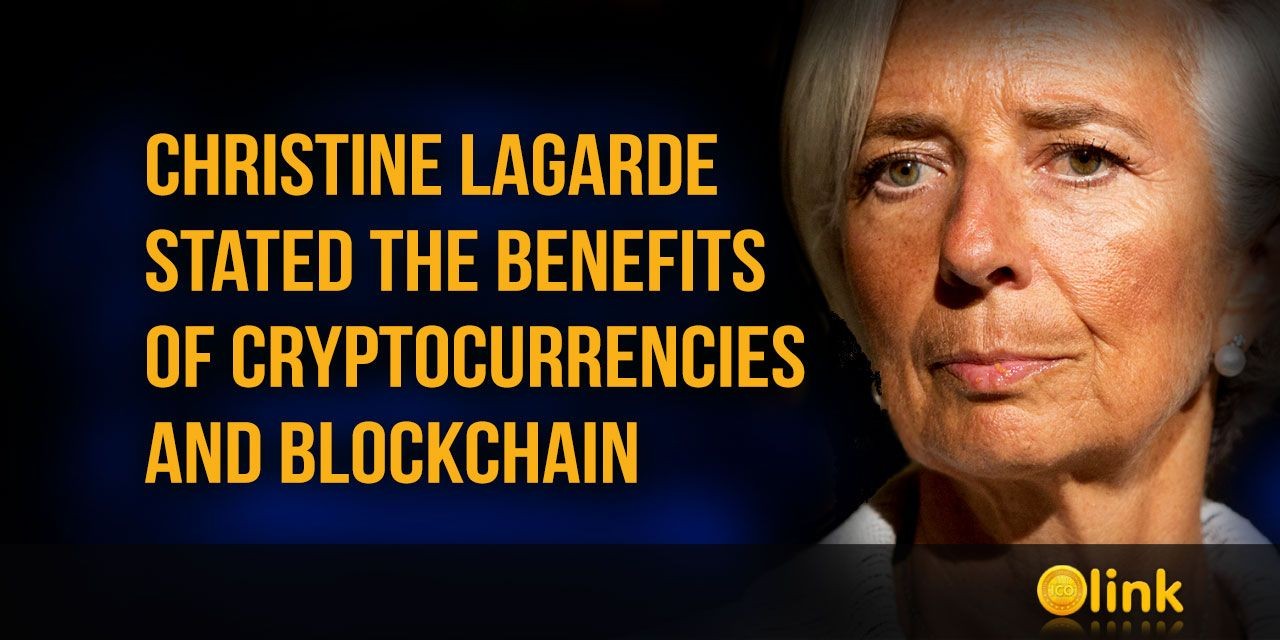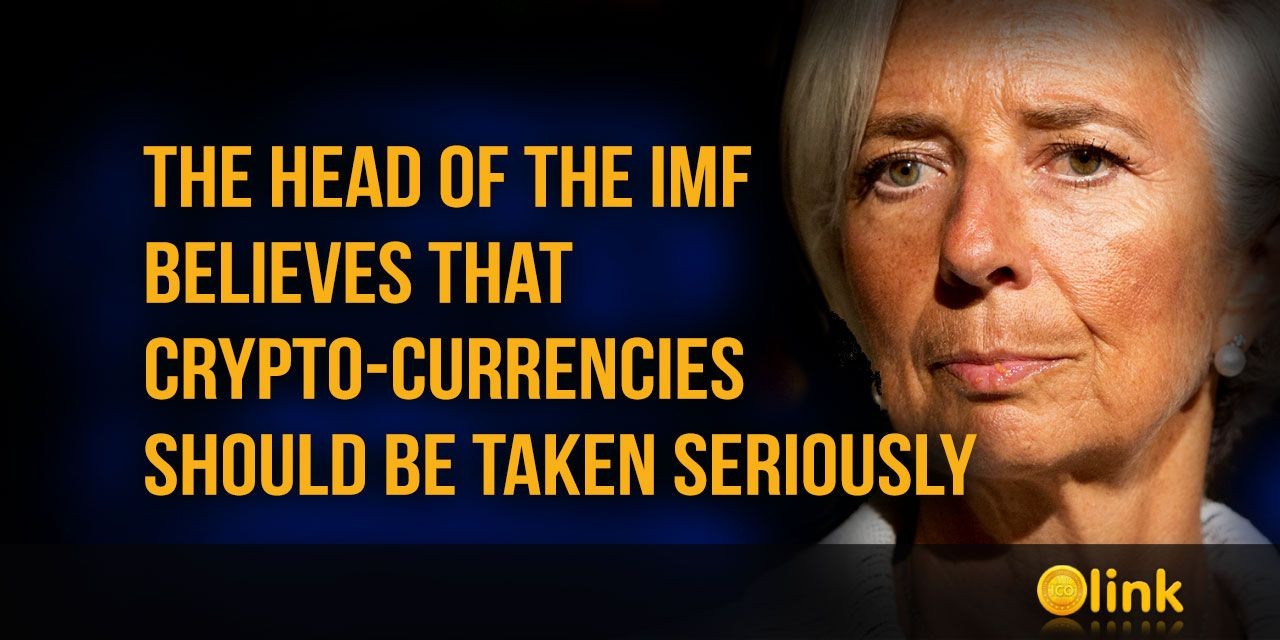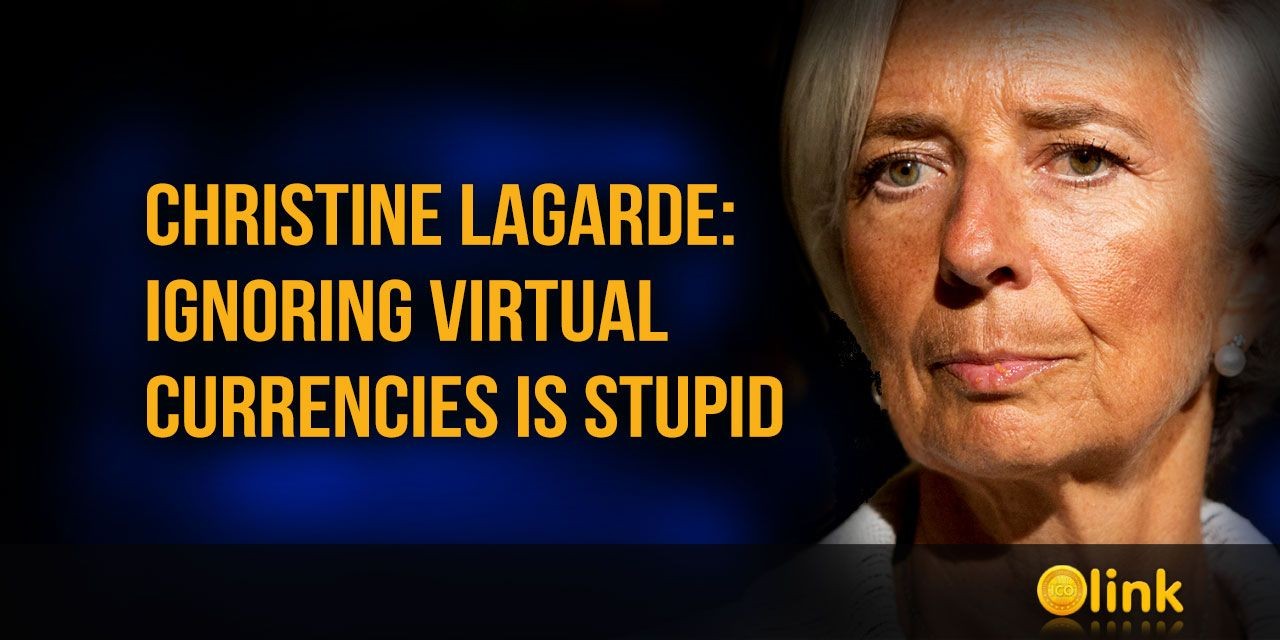christine lagarde
Here you will find all posts tagged christine lagarde
About christine lagarde ℹ️
Christine Lagarde is a French lawyer and politician who currently serves as the President of the European Central Bank (ECB). Born on January 1, 1956, in Paris, France, Lagarde has had a distinguished career in both the public and private sectors, with notable achievements in finance, law, and international diplomacy. Before her tenure at the ECB, Lagarde served as the Managing Director of the International Monetary Fund (IMF) from 2011 to 2019. During her time at the IMF, she played a key role in managing the global financial crisis and advocating for policies to promote economic stability and growth worldwide. Prior to her work at the IMF, Lagarde held various ministerial positions in the French government, including Minister of Economic Affairs, Finance, and Industry, and Minister of Agriculture and Fisheries. She was the first woman to serve as the Finance Minister of a G7 country. Lagarde began her career as a lawyer specializing in antitrust and labor law. She later joined the international law firm Baker McKenzie, where she became the firm's first female chairman in 1999. As President of the ECB, Lagarde is responsible for setting monetary policy for the eurozone, managing the euro currency, and overseeing the region's banking system. She has focused on promoting economic stability, supporting sustainable growth, and addressing challenges such as climate change and digitalization. Throughout her career, Lagarde has been recognized for her leadership, intelligence, and commitment to public service. She has received numerous awards and honors for her contributions to finance, economics, and gender equality. Overall, Christine Lagarde is a highly respected figure in the global financial community, known for her expertise, integrity, and dedication to promoting economic prosperity and stability. As President of the ECB, she continues to play a central role in shaping Europe's monetary policy and economic future.
The Journey to a Digital Euro: Balancing Privacy and Transparency
The head of the European Central Bank (ECB) Christine Lagarde noted the advantages of state digital currencies and expressed concerns about the spread of stablecoins.
The head of the International Monetary Fund (IMF), Christine Lagarde, spoke optimistically about the cryptocurrency, saying that they "do not pose an immediate danger," and their regulation is appropriate "in a balanced manner."
Christine Lagarde, head of the International Monetary Fund (IMF), warned that central banks and financial services should pay attention to crypto-currencies. In an interview with CNBC at the annual IMF meetings in Washington, DC, Lagarde said: "I think that we will see massive shifts". According to Lagarde, the Crypto-currencies can play a future role in the renewal of the IMF's own domestic currency, the reserve asset of which is called Special Drawing Right (SDR). What we will learn is how this currency, special drawing rights, can actually use this technology to be more efficient and less expensive.
